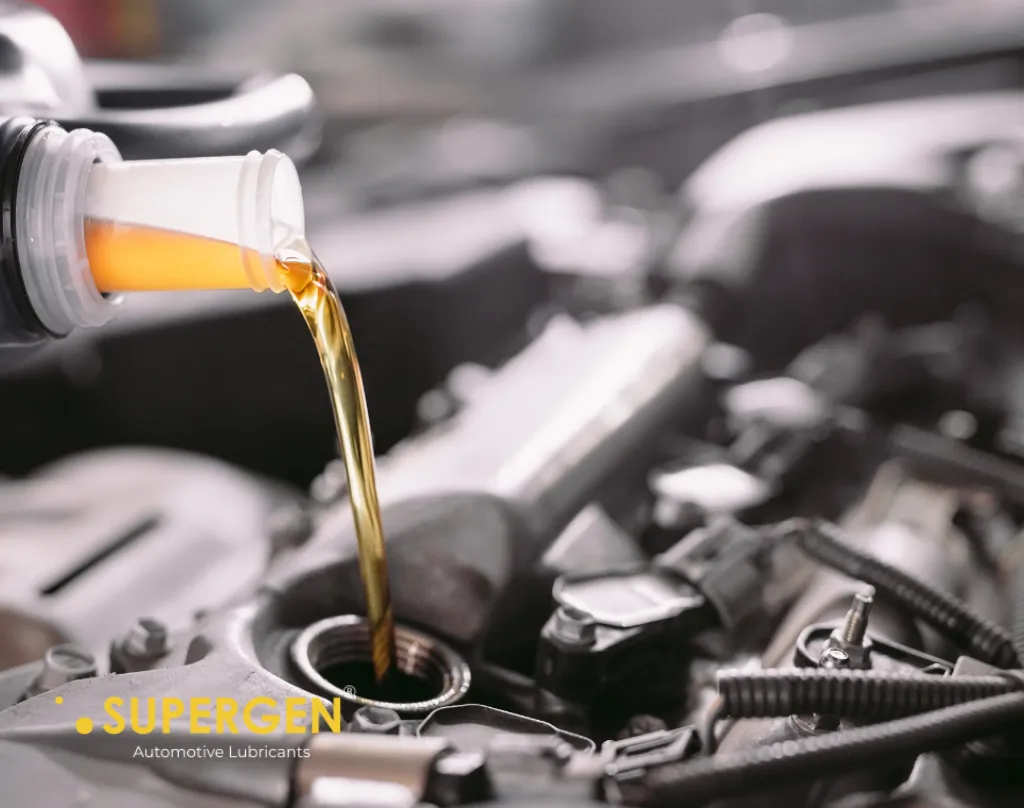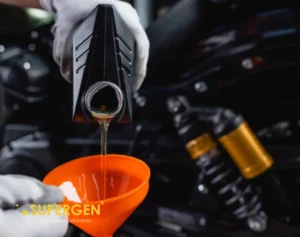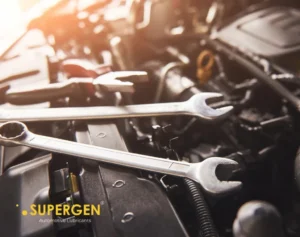Introduction:
Engine cleaners are crucial components in the maintenance of any vehicle, ensuring optimal performance and longevity of the engine. In this comprehensive guide, we’ll delve into the workings of engine cleaners, exploring how they function and why they’re indispensable for vehicle owners.
Understanding Engine Cleaners:
Engine cleaners are specialized solutions designed to remove dirt, grime, and deposits that accumulate within the engine over time. These deposits can impede the engine’s performance, leading to reduced fuel efficiency, increased emissions, and potential mechanical issues.
Mechanism of Action:
Engine cleaners typically contain powerful detergents and solvents that penetrate the layers of dirt and deposits, breaking them down into smaller particles. These particles are then flushed out of the engine through the oil or fuel system, ensuring a thorough cleaning process.
Types of Engine Cleaners:
There are various types of engine cleaners available, each formulated for specific applications. These include:
Internal Engine Cleaners:
Designed to clean internal engine components such as pistons, valves, and cylinders.
Fuel System Cleaners:
Targeted at cleaning fuel injectors, carburetors, and intake valves to optimize fuel delivery and combustion.
Oil System Cleaners:
Formulated to remove sludge, varnish, and contaminants from the engine’s oil passages, ensuring proper lubrication and heat dissipation.
Importance of Regular Cleaning:
Regular use of engine cleaners is essential for maintaining engine health and performance. Over time, contaminants can accumulate and compromise various engine components, leading to reduced efficiency and increased wear and tear.
By incorporating engine cleaners into routine maintenance schedules, vehicle owners can prolong the lifespan of their engines and prevent costly repairs.
Benefits of Engine Cleaners:
Improved Performance:
Clean engines operate more efficiently, resulting in smoother acceleration, better fuel economy, and reduced emissions.
Enhanced Lubrication:
Removing deposits from oil passages ensures proper lubrication of engine components, reducing friction and minimizing wear.
Preventative Maintenance:
Engine cleaners help prevent the buildup of harmful deposits that can lead to costly repairs and premature engine failure.
Extended Engine Life:
Regular cleaning with engine cleaners can extend the lifespan of the engine, saving vehicle owners time and money in the long run.
Application Methods:
Engine cleaners can be applied using various methods, including:
Adding to Fuel:
Fuel system cleaners are typically added to the vehicle’s fuel tank and mixed with gasoline or diesel fuel.
Pouring into Oil:
Oil system cleaners are poured directly into the engine’s oil filler cap and circulated through the lubrication system.
Direct Injection:
Internal engine cleaners are introduced into the engine’s intake or combustion chambers, where they can target specific components.
Safety Considerations:
While engine cleaners are effective at removing deposits, it’s essential to follow manufacturer guidelines and safety precautions when using them. Avoid overuse and ensure proper ventilation when applying cleaners to prevent exposure to harmful fumes.
Environmental Impact:
Many modern engine cleaners are formulated to be environmentally friendly, containing biodegradable ingredients that minimize their ecological footprint. Choosing eco-friendly cleaners can help reduce pollution and protect the environment.
Choosing the Right Cleaner:
When selecting an engine cleaner, consider factors such as the type of engine, the severity of deposits, and the intended application. Consult your vehicle manufacturer’s recommendations and choose a reputable brand known for quality and effectiveness.
Conclusion:
Engine cleaners play a vital role in maintaining the health and performance of vehicle engines. By understanding how they work and incorporating them into regular maintenance routines, vehicle owners can ensure optimal performance, extend the lifespan of their engines, and enjoy a smoother driving experience for years to come.
In summary, engine cleaners are essential tools for keeping vehicle engines clean and running smoothly. With their ability to remove deposits, improve performance, and prevent mechanical issues, they are indispensable for any vehicle owner looking to maintain their engine’s health and longevity.










